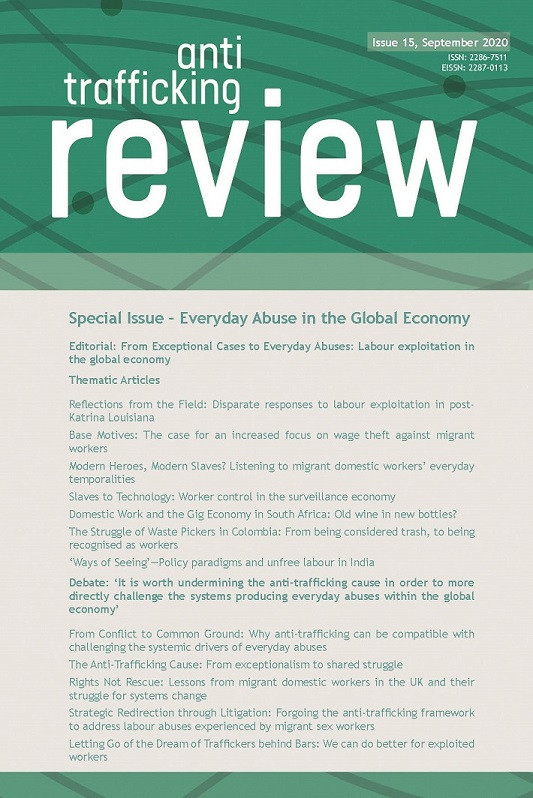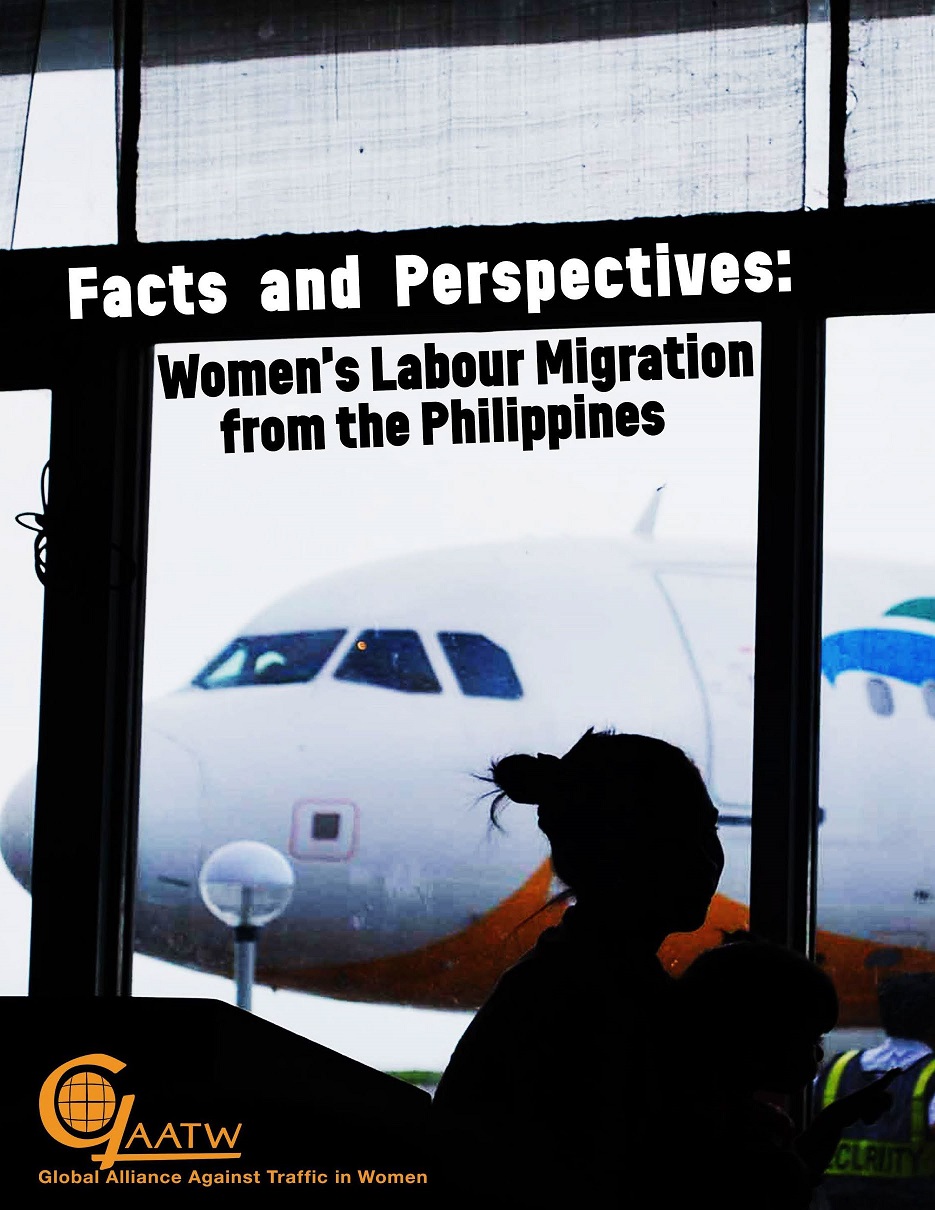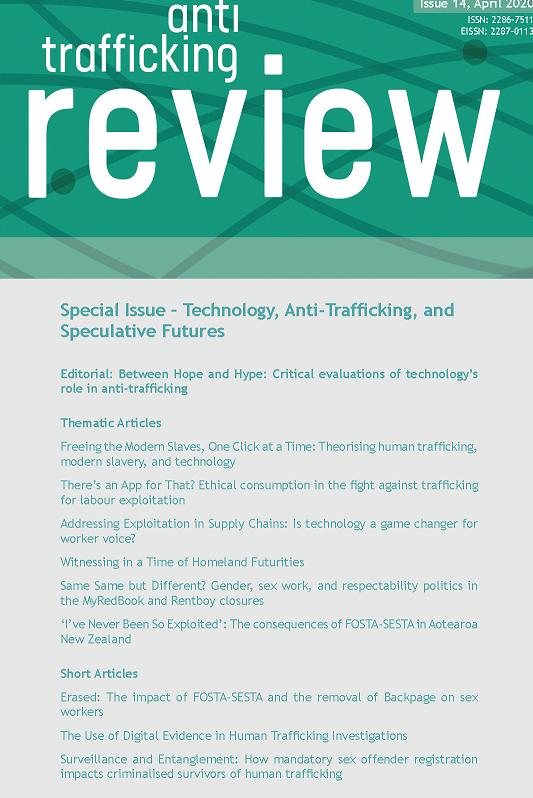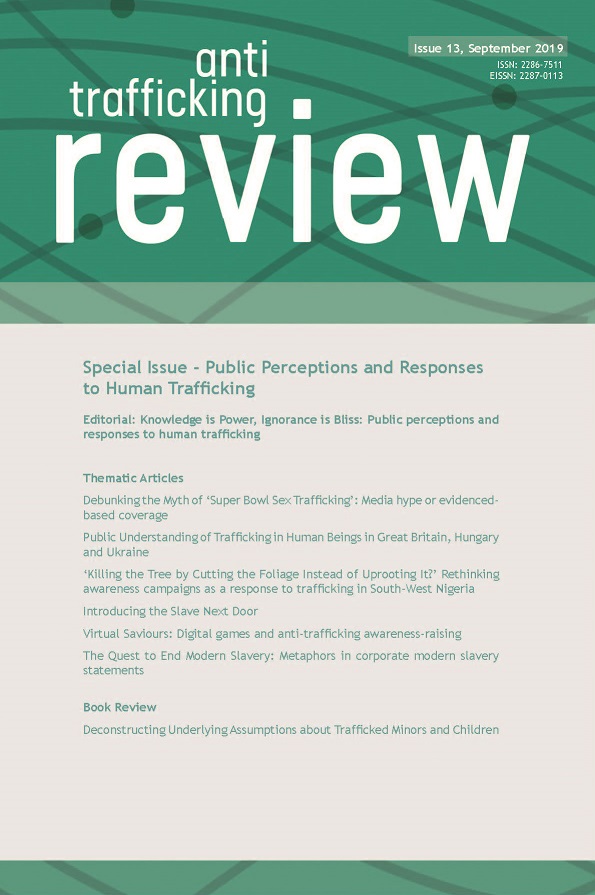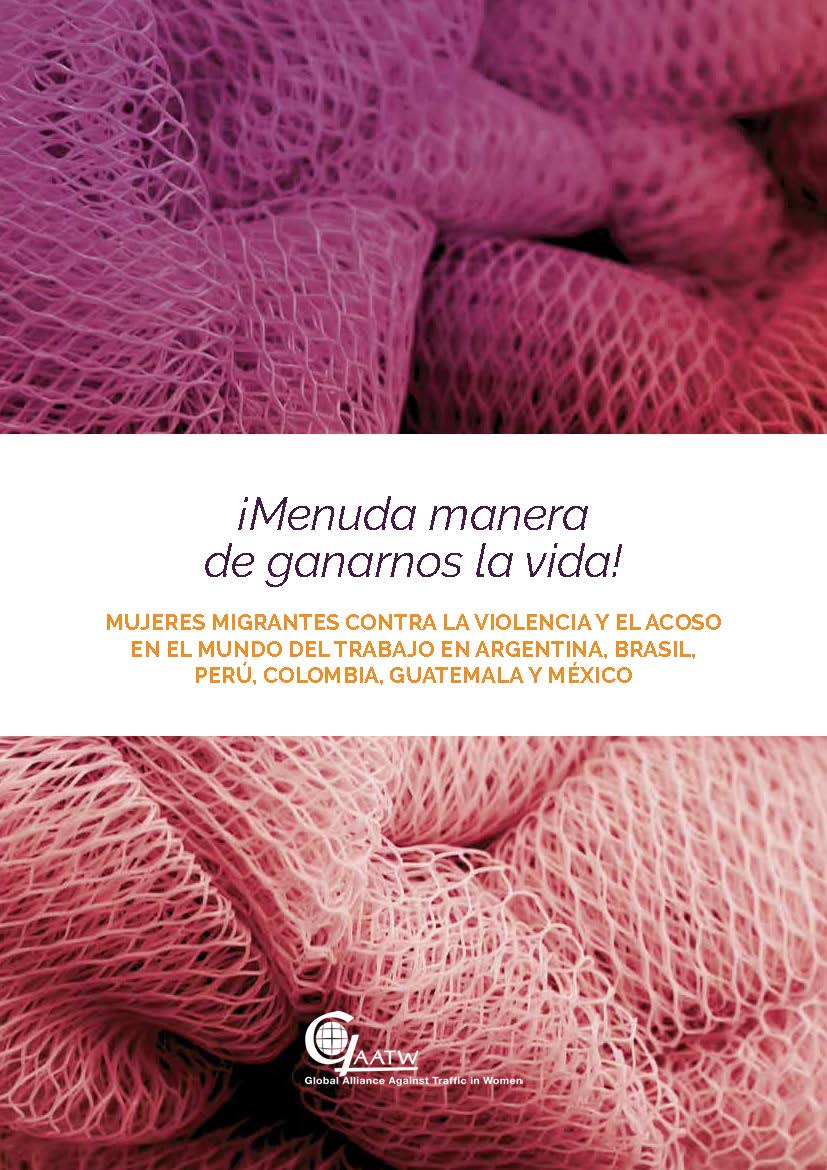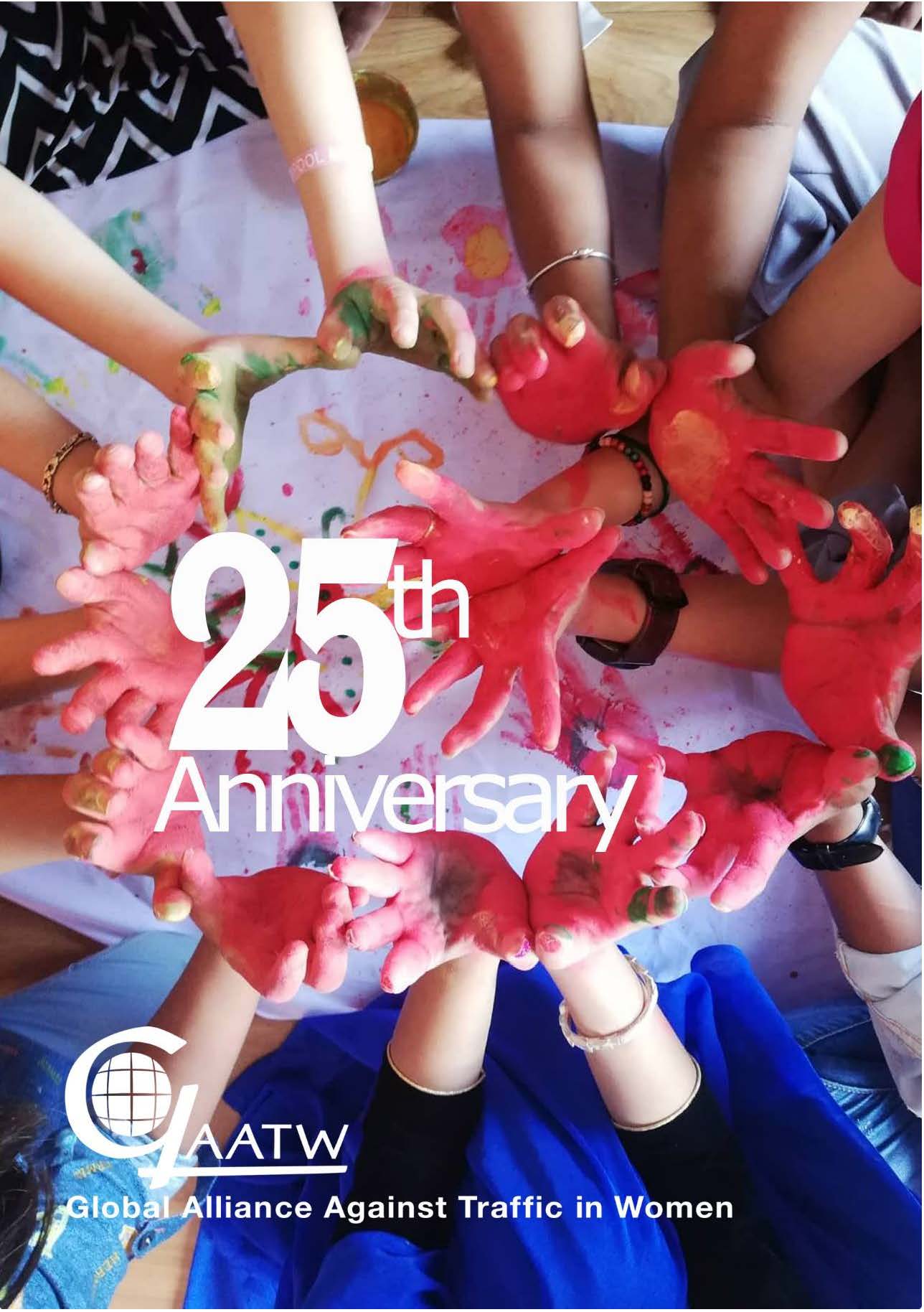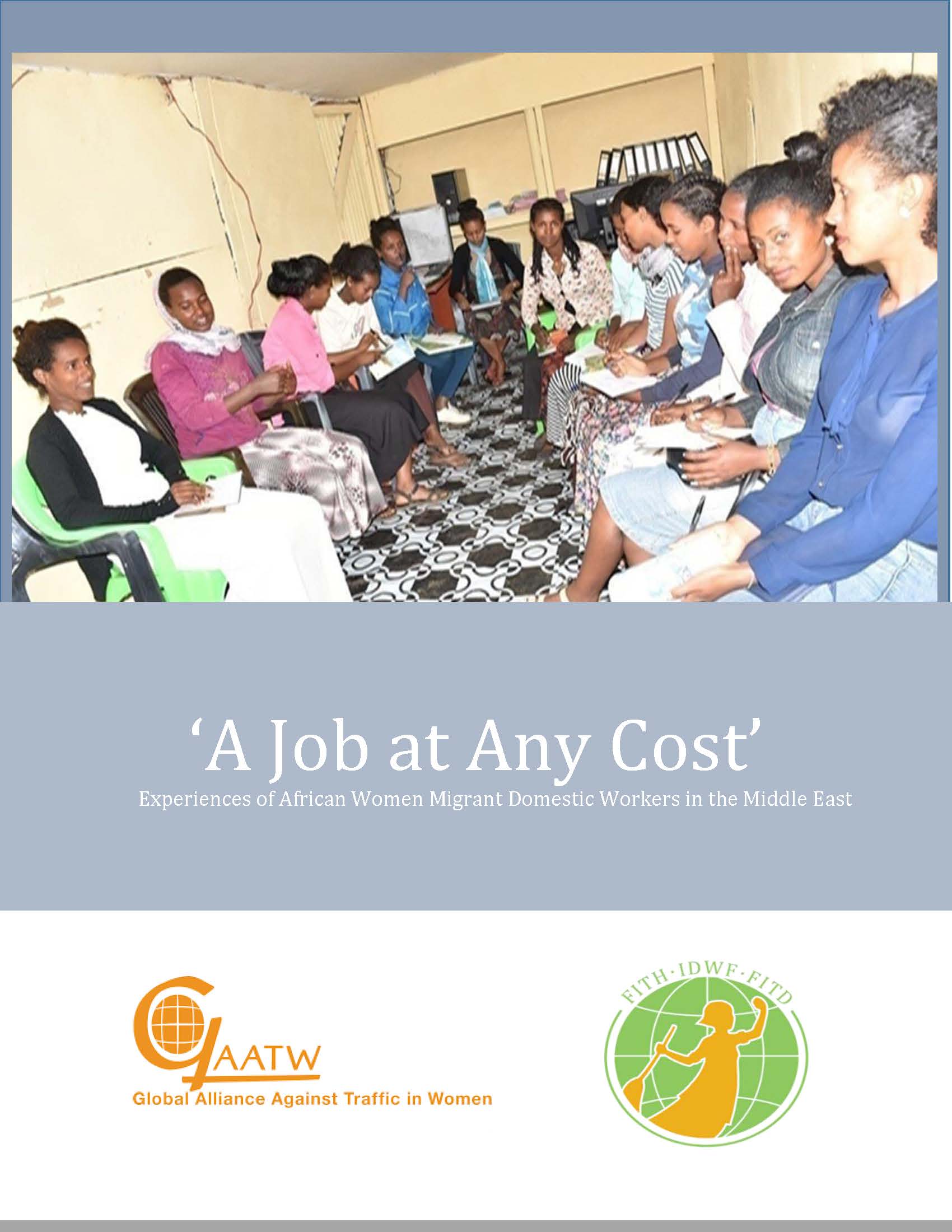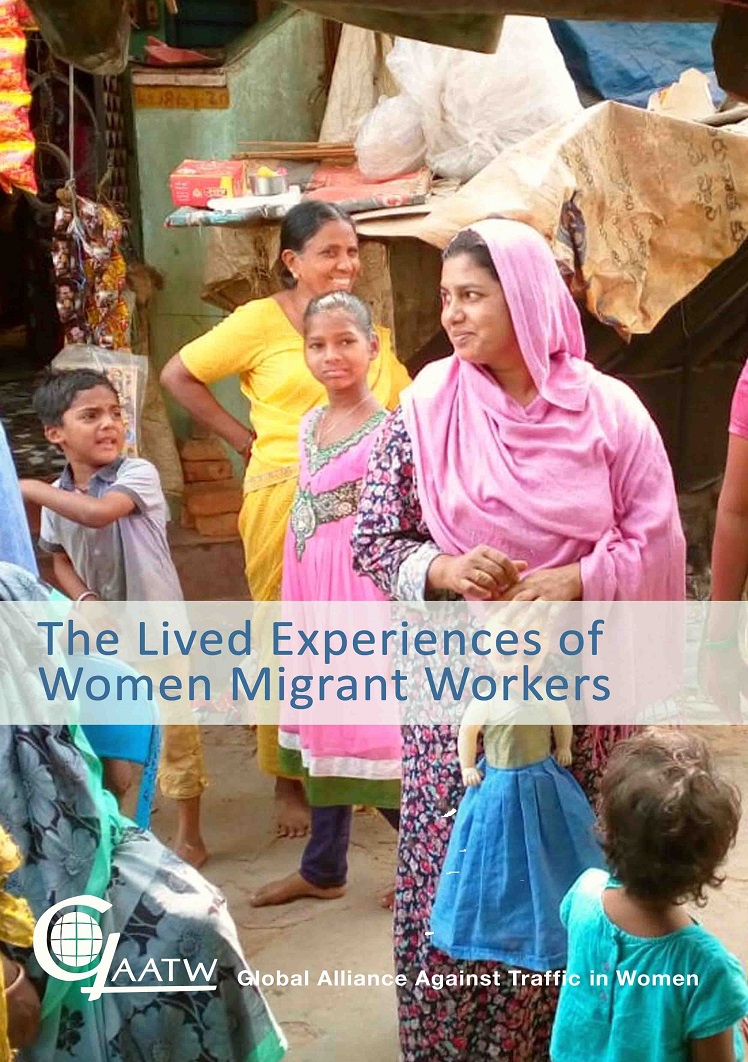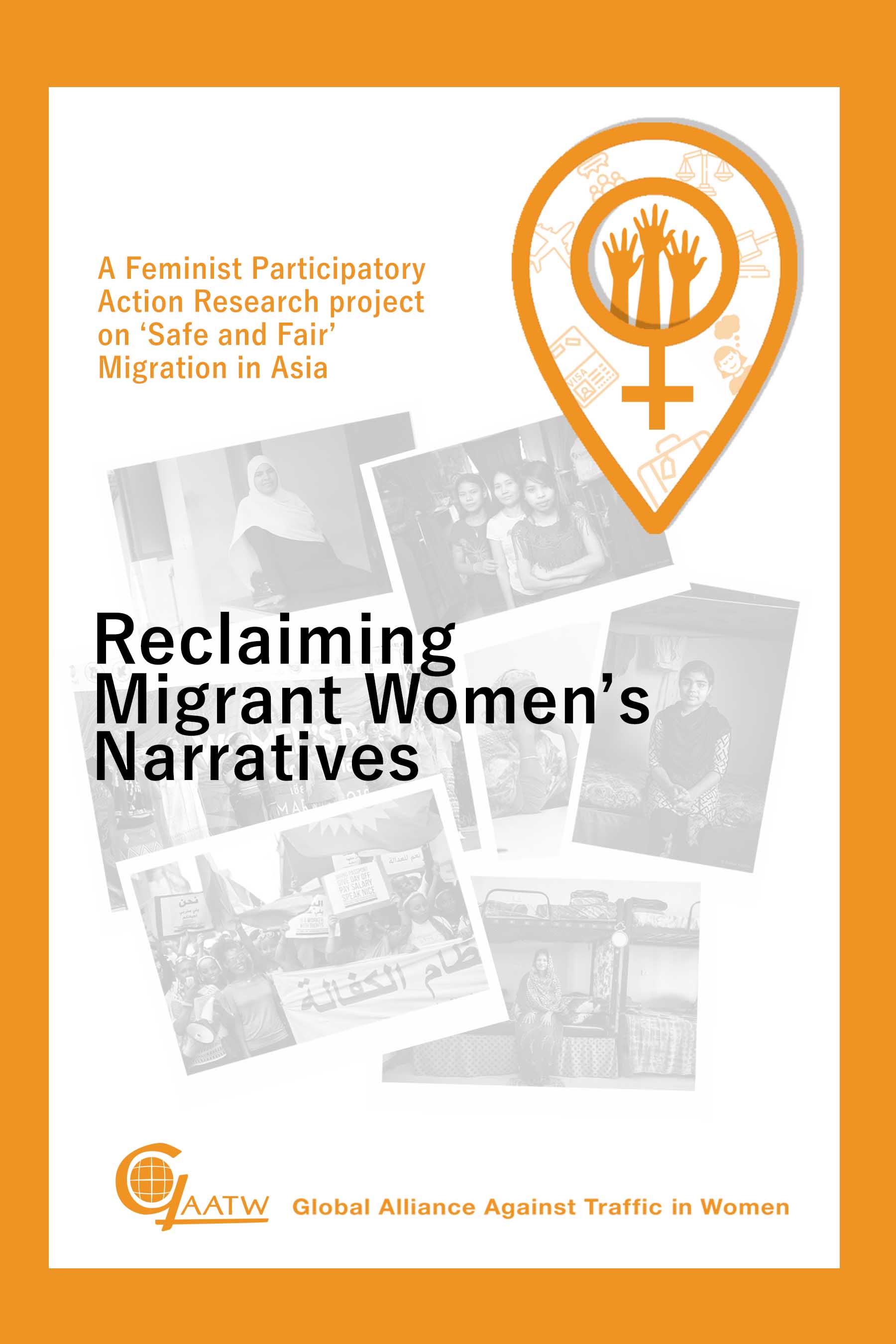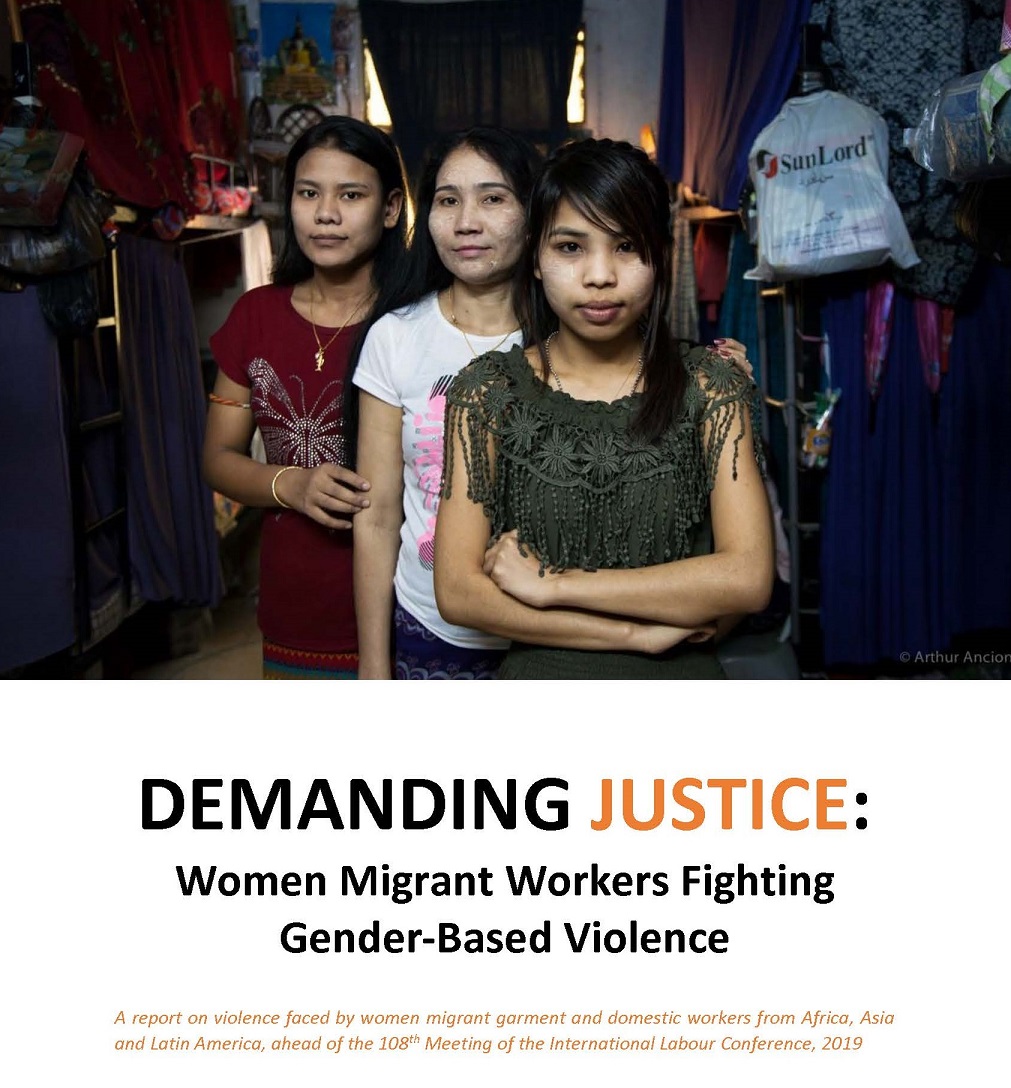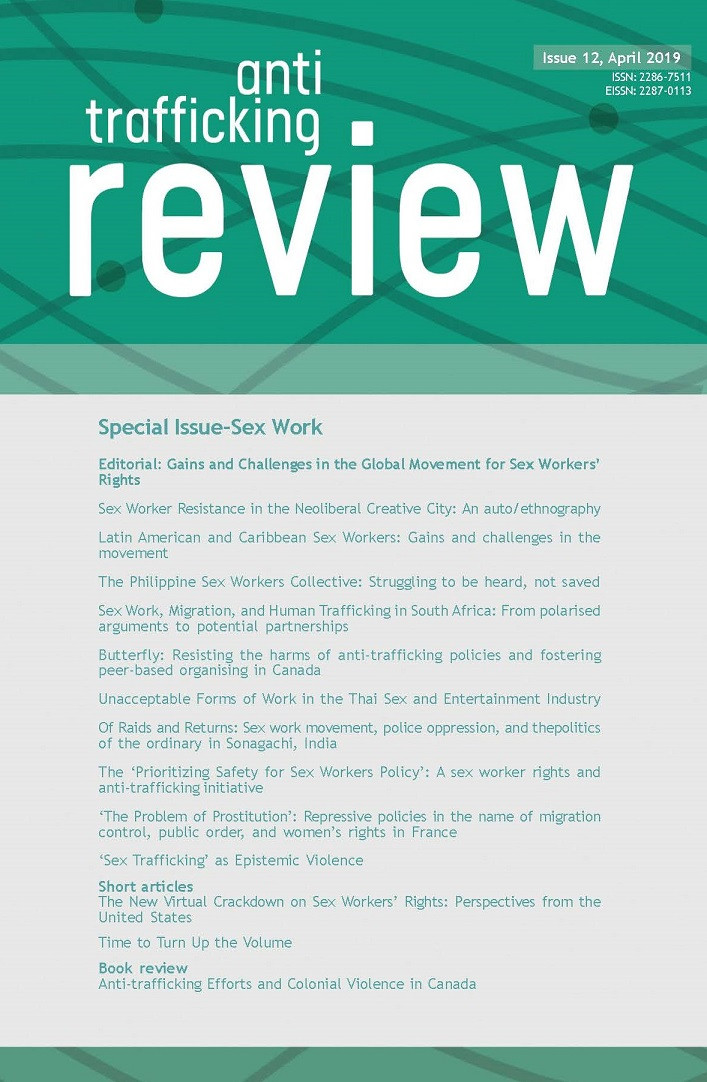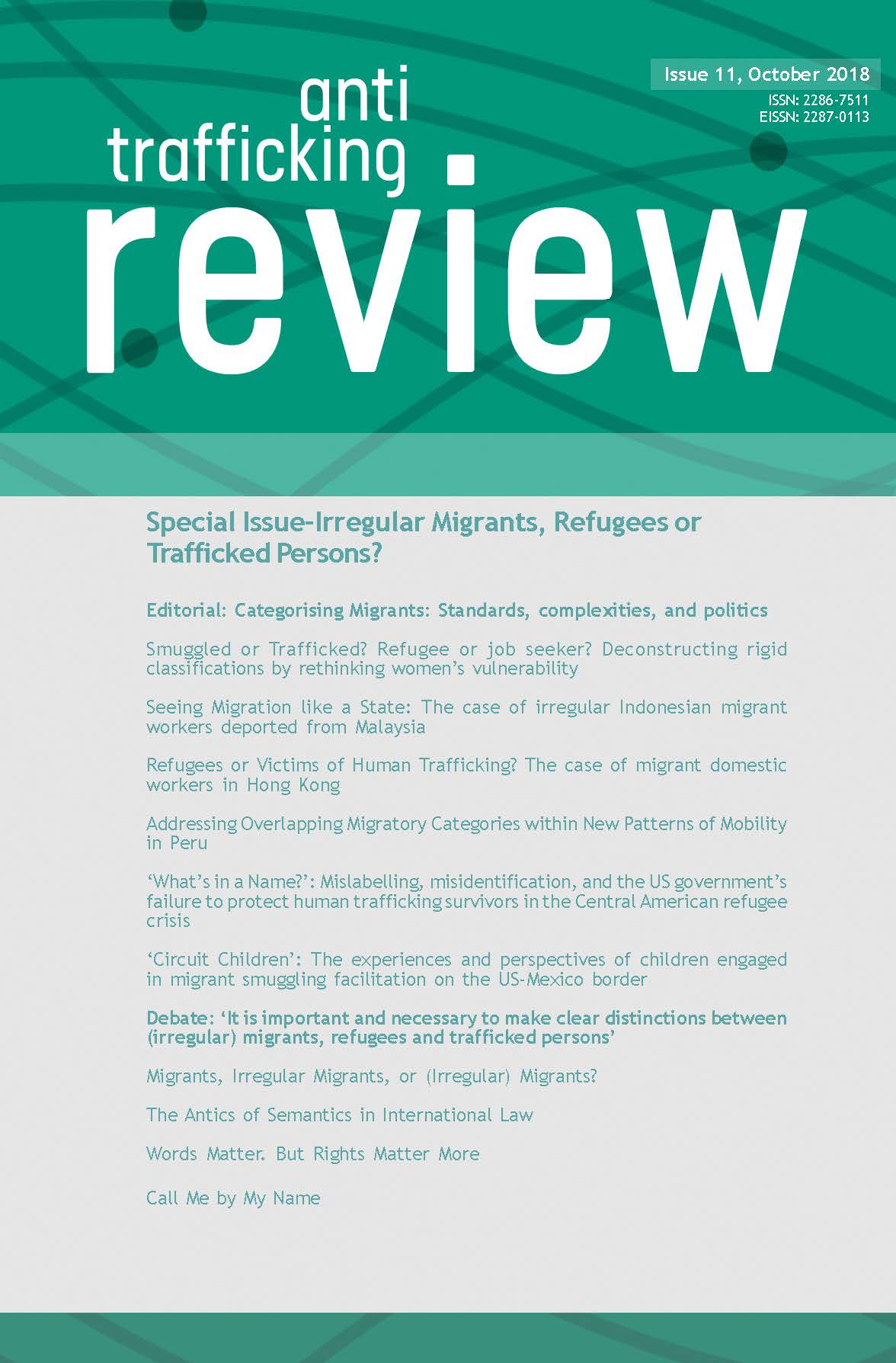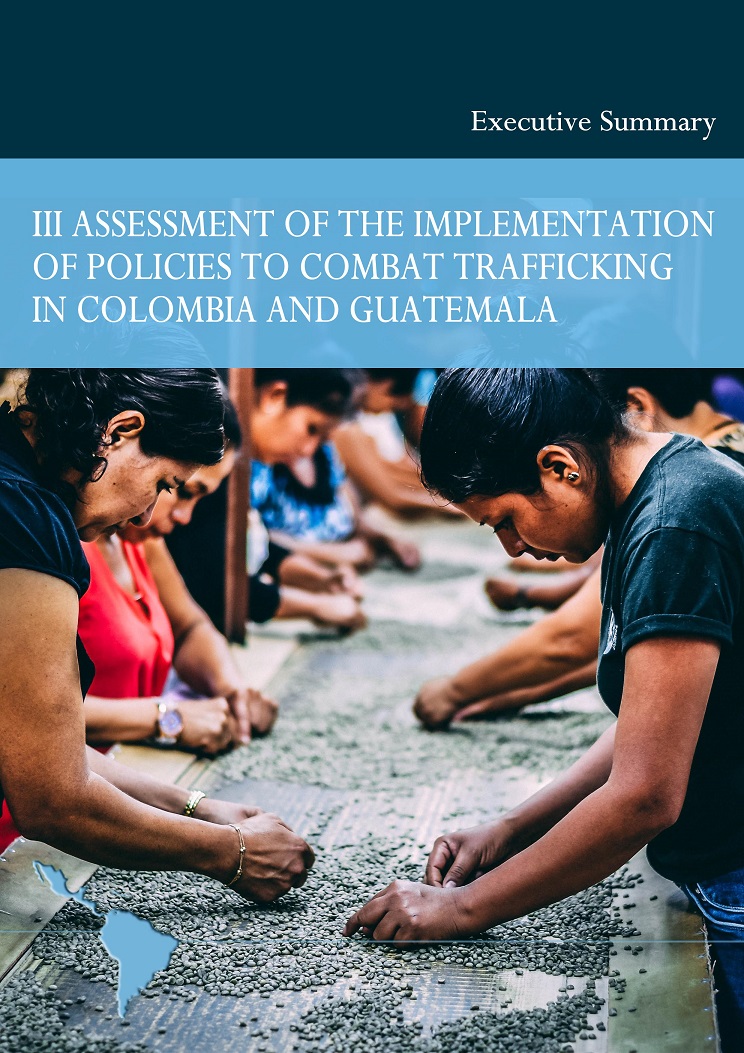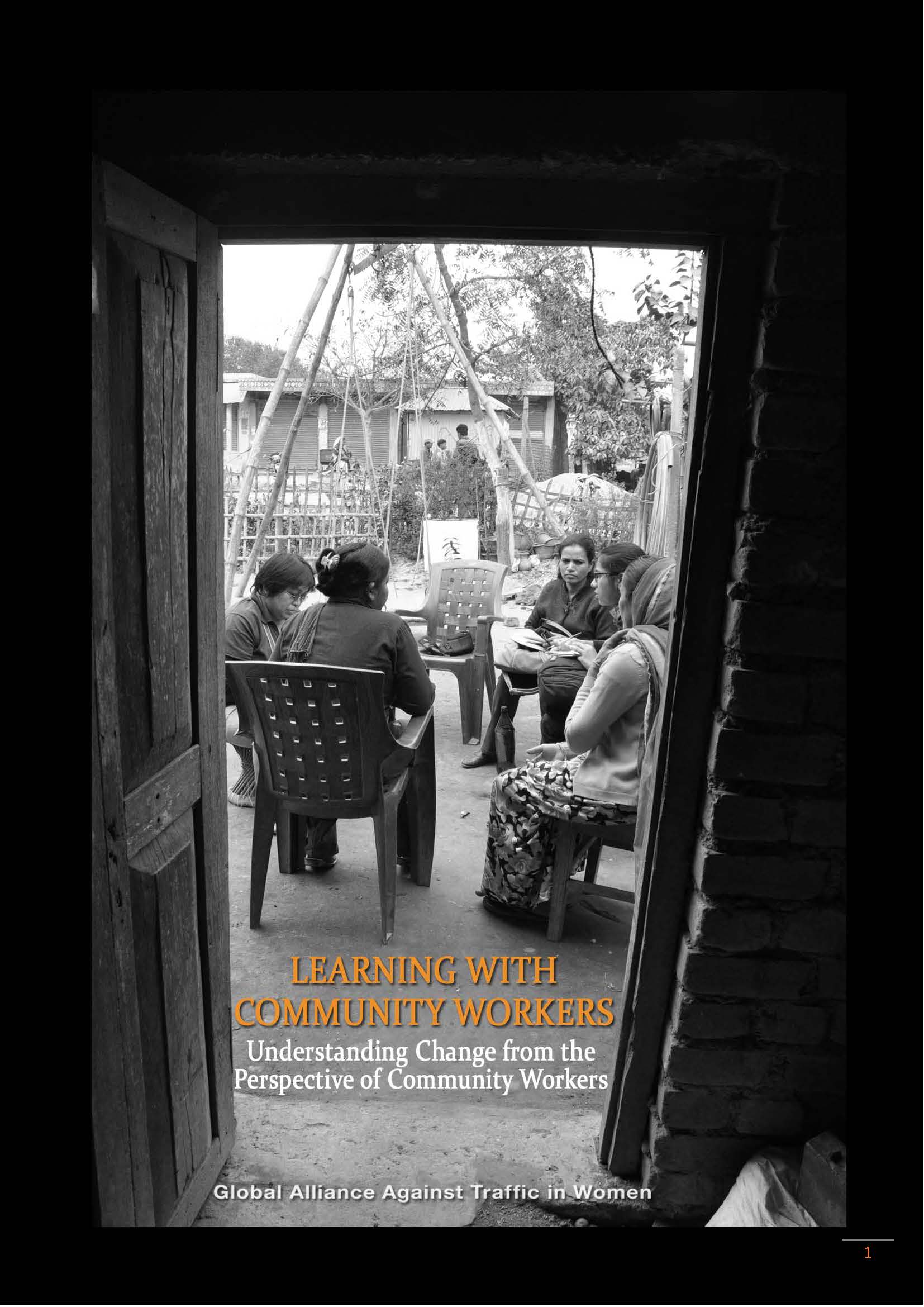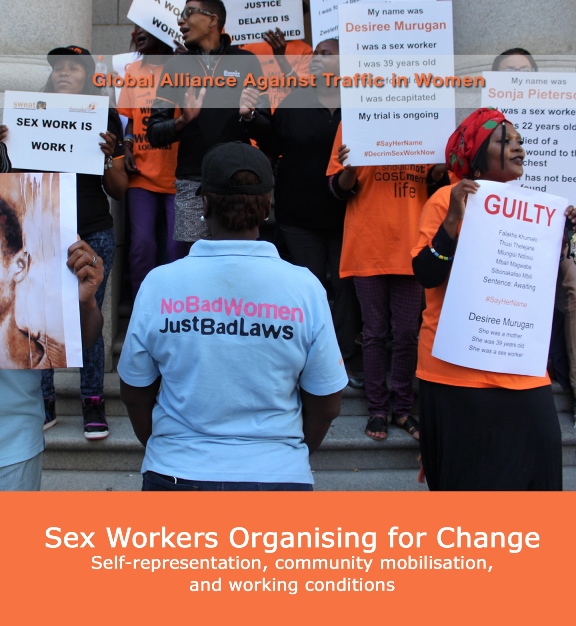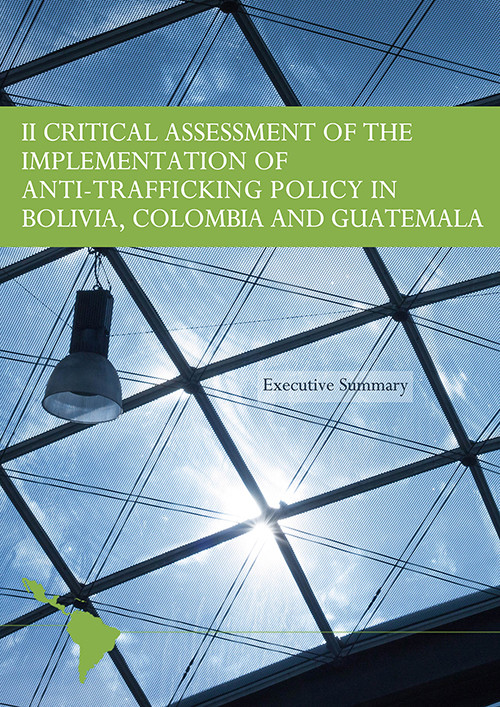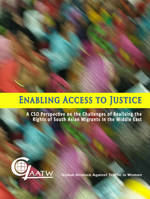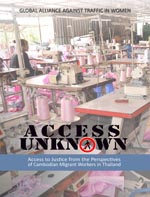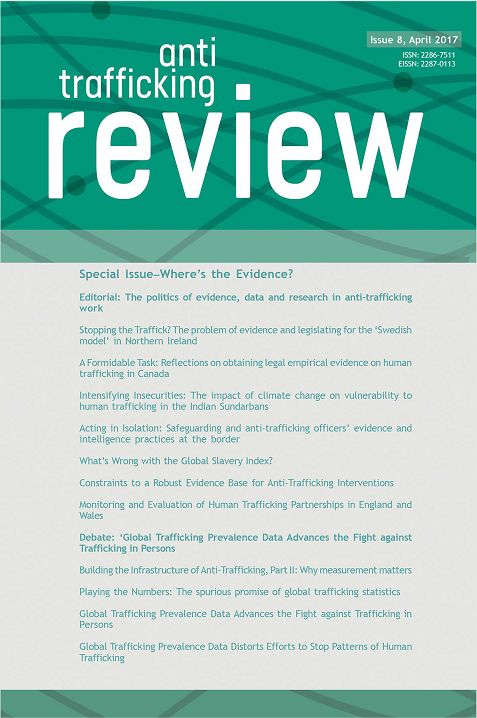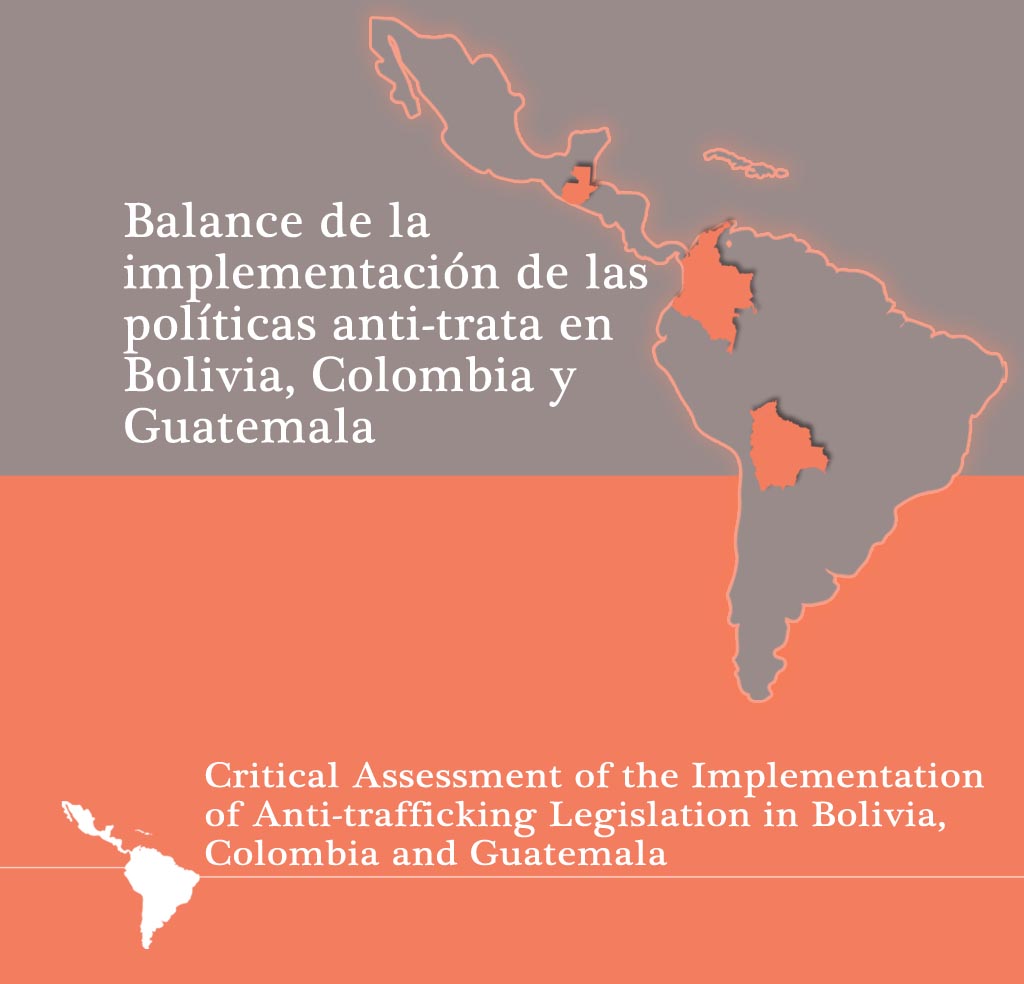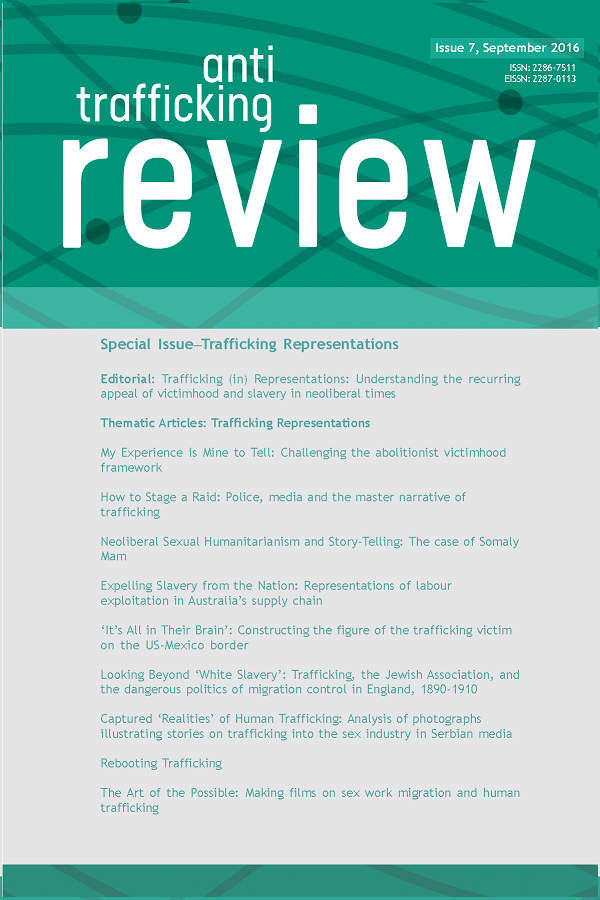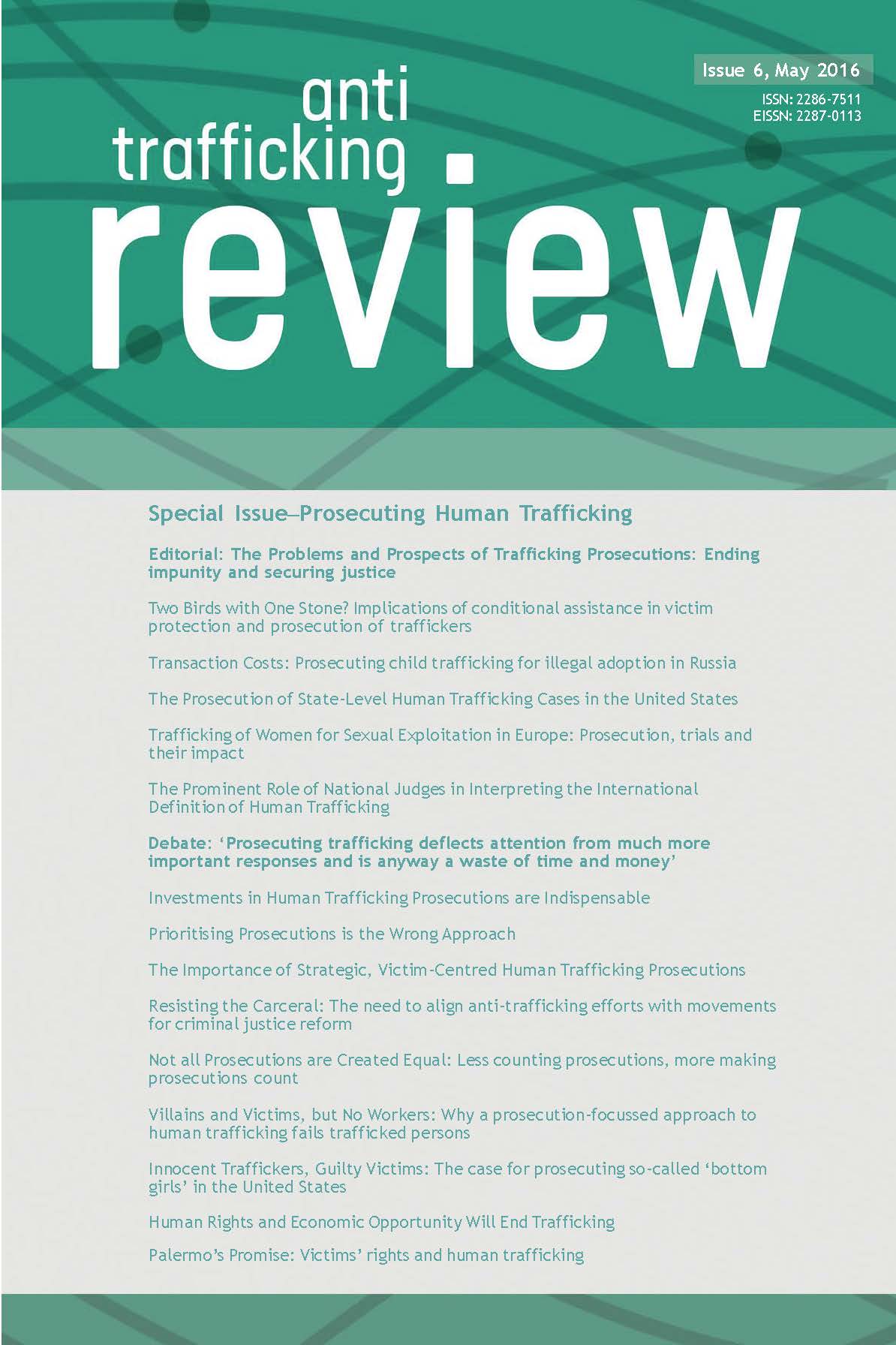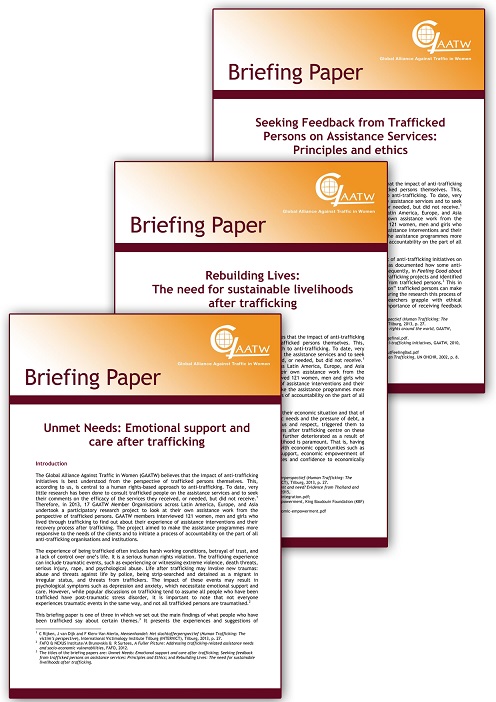Solidarity with women’s rights, migrant rights, and labour rights movements in Europe
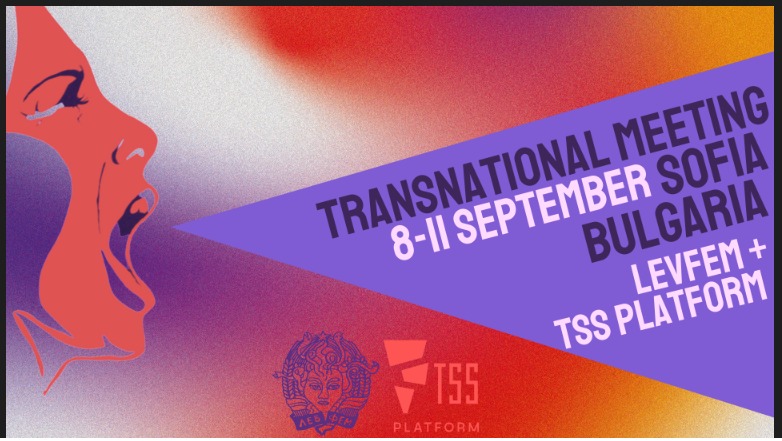 In September, GAATW hosted a workshop on bridging movements and building alliances during the Transnational Meeting in Sofia organised by LevFem (Bulgaria) and Transnational Social Strike (Italy). This brave and ambitious meeting of more than 130 activists focused on the world's most pressing crises as seen from a European perspective: health and care workers' and migrants' precarious rights (especially refugees and those seeking international protection), Russia’s war in Ukraine, the climate crisis, the situation of prisoners, and more.
In September, GAATW hosted a workshop on bridging movements and building alliances during the Transnational Meeting in Sofia organised by LevFem (Bulgaria) and Transnational Social Strike (Italy). This brave and ambitious meeting of more than 130 activists focused on the world's most pressing crises as seen from a European perspective: health and care workers' and migrants' precarious rights (especially refugees and those seeking international protection), Russia’s war in Ukraine, the climate crisis, the situation of prisoners, and more.
The GAATW workshop wrapped up four days of discussions on solidarity and dissent. Sixteen participants, mostly women, learnt about the Feminist Participatory Action Research (FPAR) methodology and reflected on the challenges and need of joining efforts across movements and contexts. Within this three-and-a-half-hour session, we used as a case study the findings and experiences of our research project on the Southeast Asia - Europe corridor to explore the role of the basic FPAR principles - ethics of care and viewpoint theory, and their contribution to building a more egalitarian world. We also explored the meanings and value of agency - for ourselves as well as for our collaborators, and ultimately for women migrant workers. We succeeded in building a safe and protected environment and deep conversations, which was appreciated as a learning experience for accompanying women migrant workers in taking control over their lives. We also explored the need to bridge the women's rights, workers' rights and migrants' right movements as well as the strategic and practical obstacles for achieving this.
Having tested the design of the workshop, and enriched with all these experiences, we are keen on reaching out to interested comrades with a similar induction to the FPAR methodology as a firm foundation for advocacy efforts in the next year.
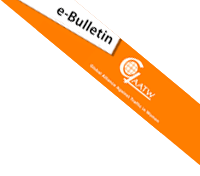


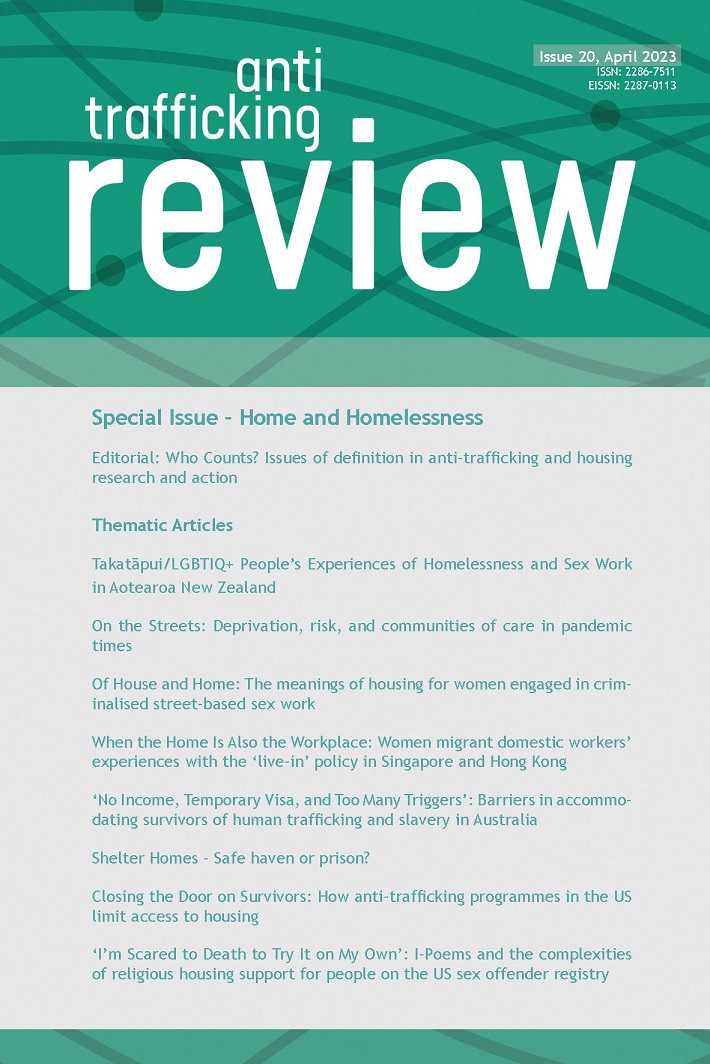
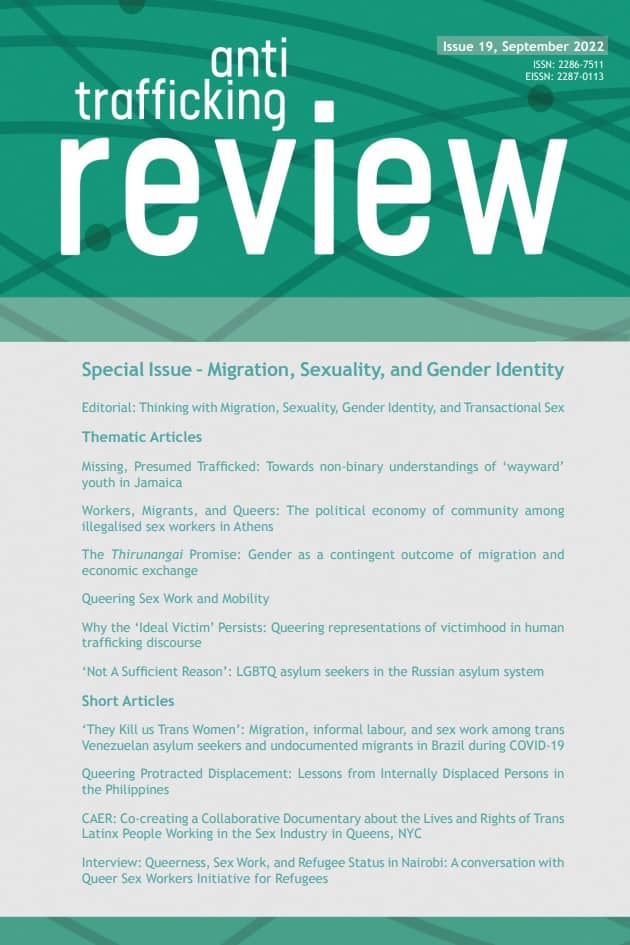
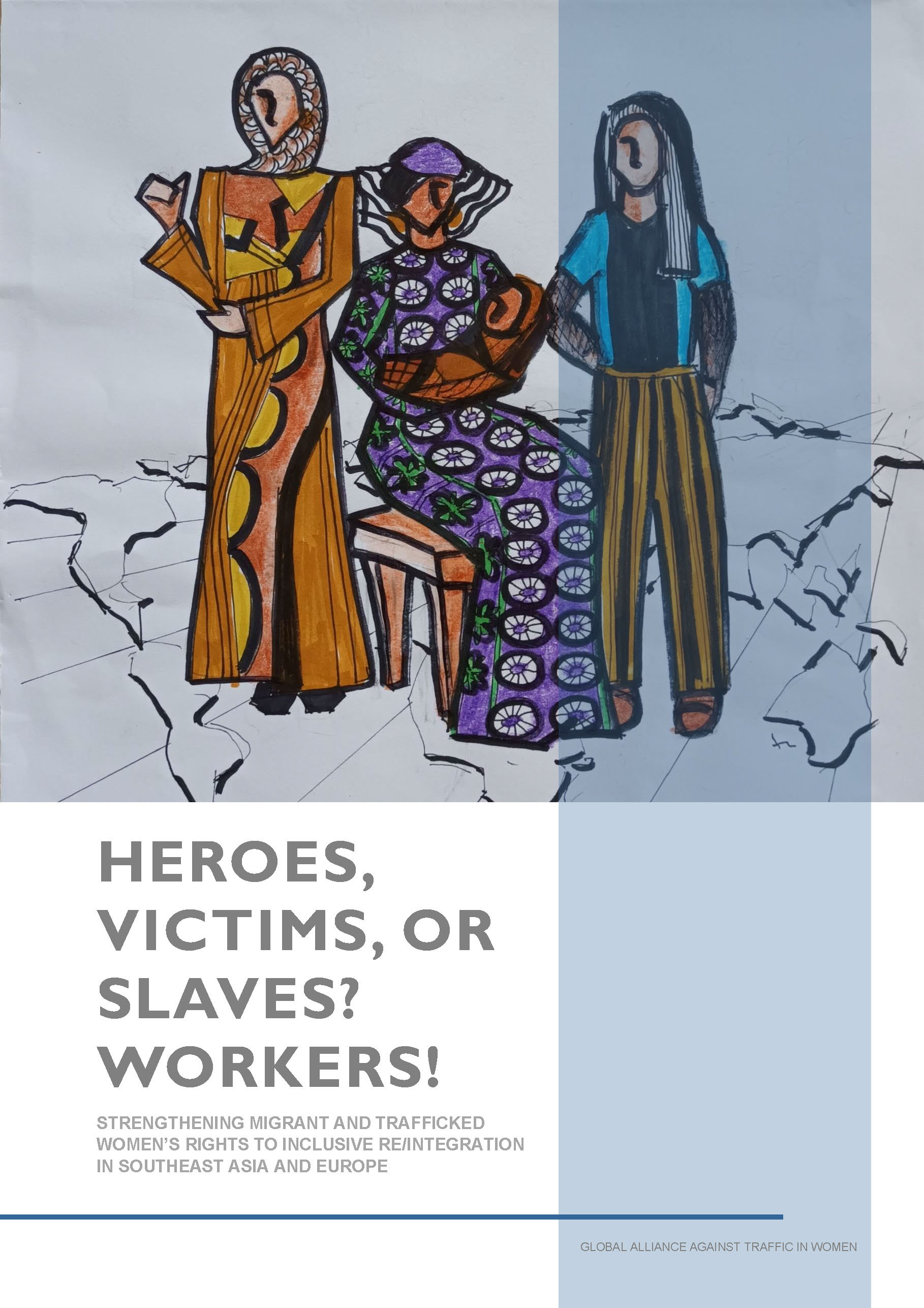
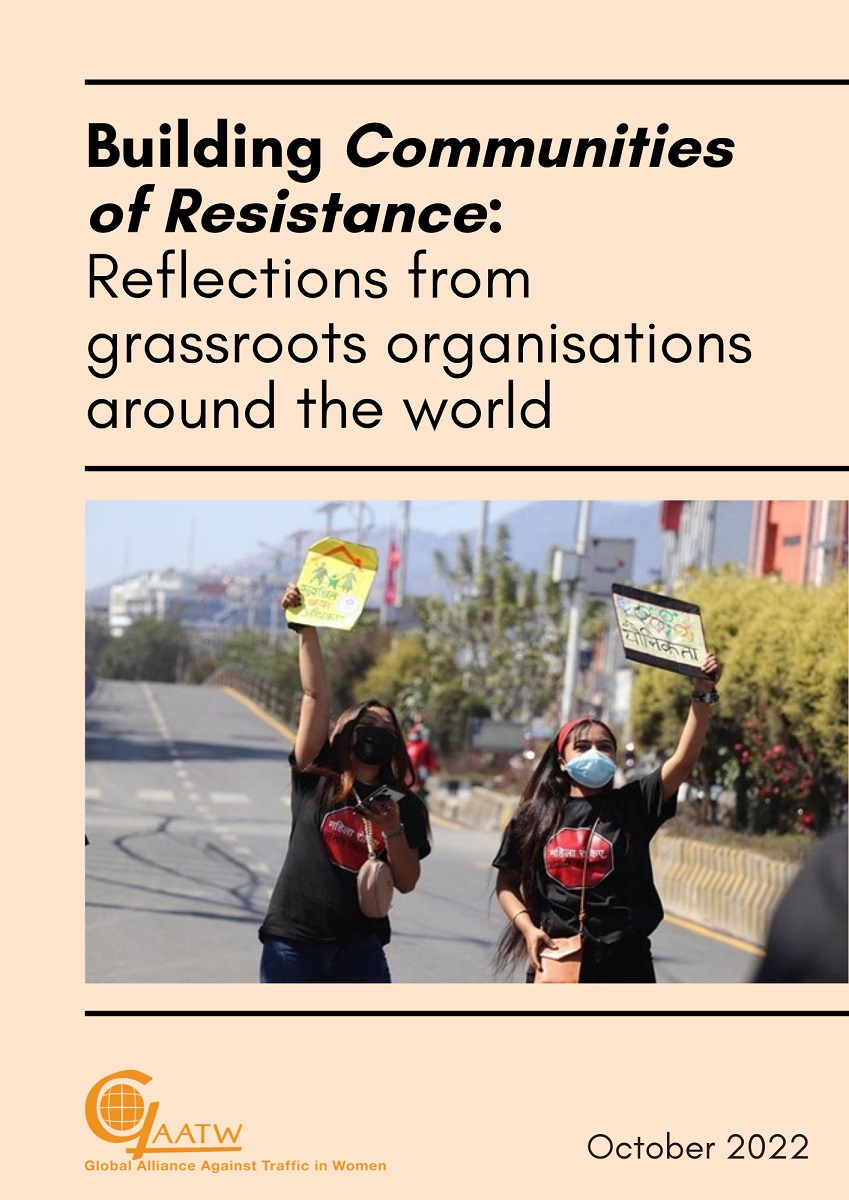
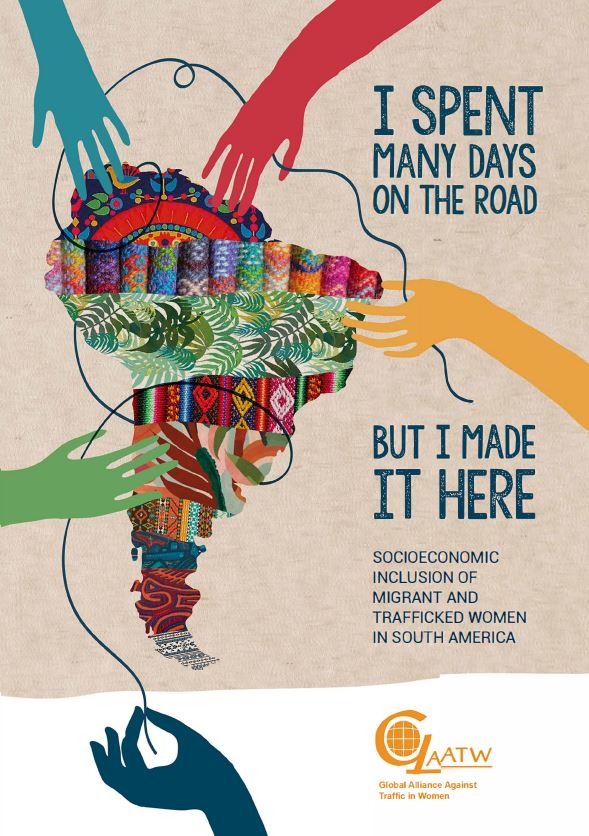
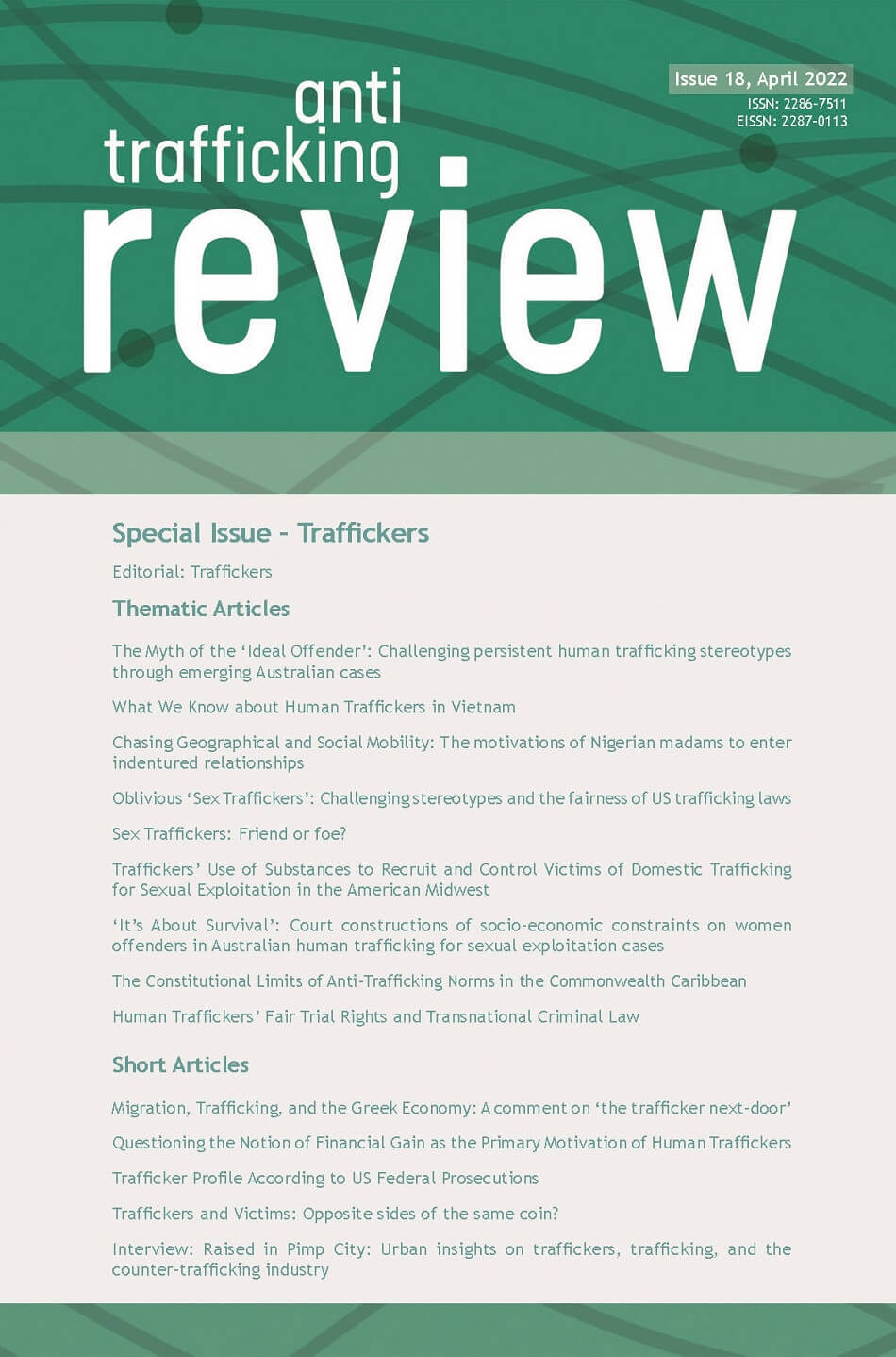
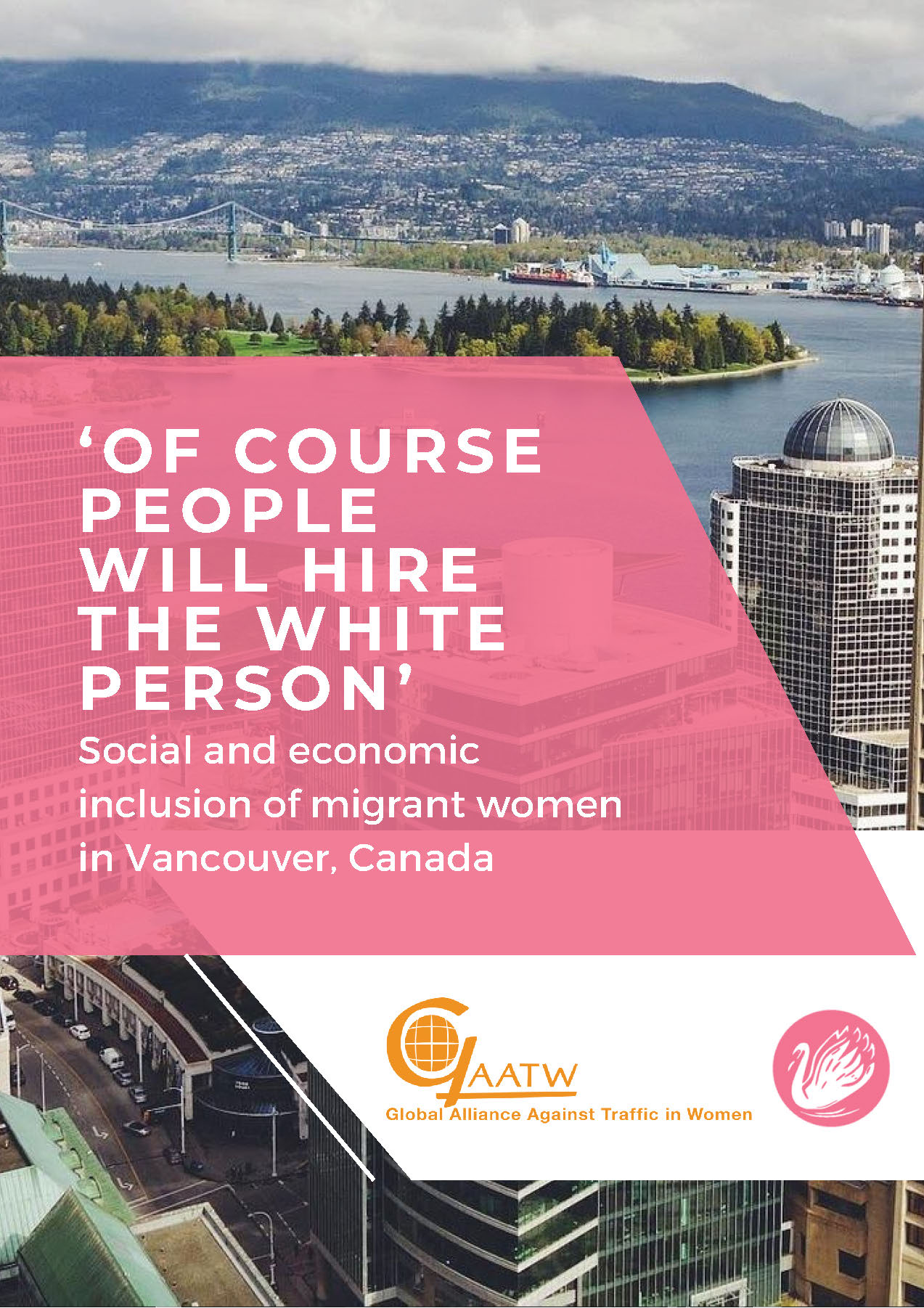
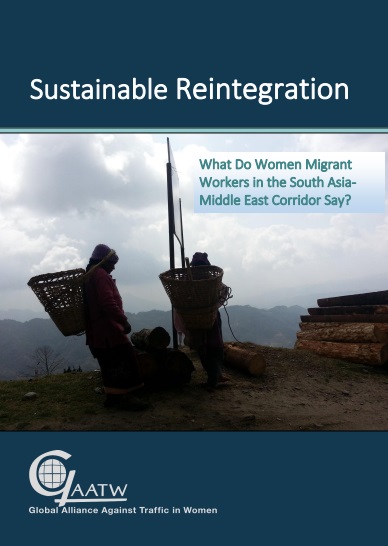
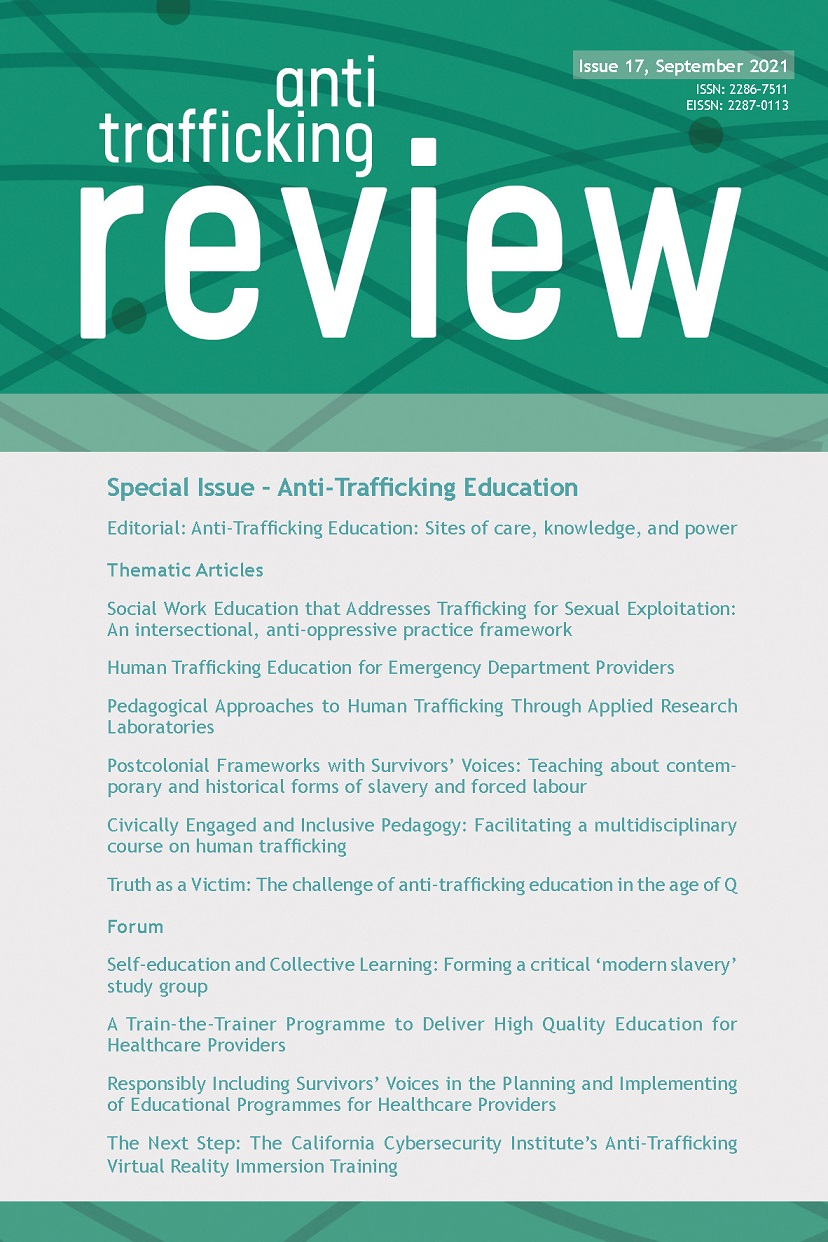
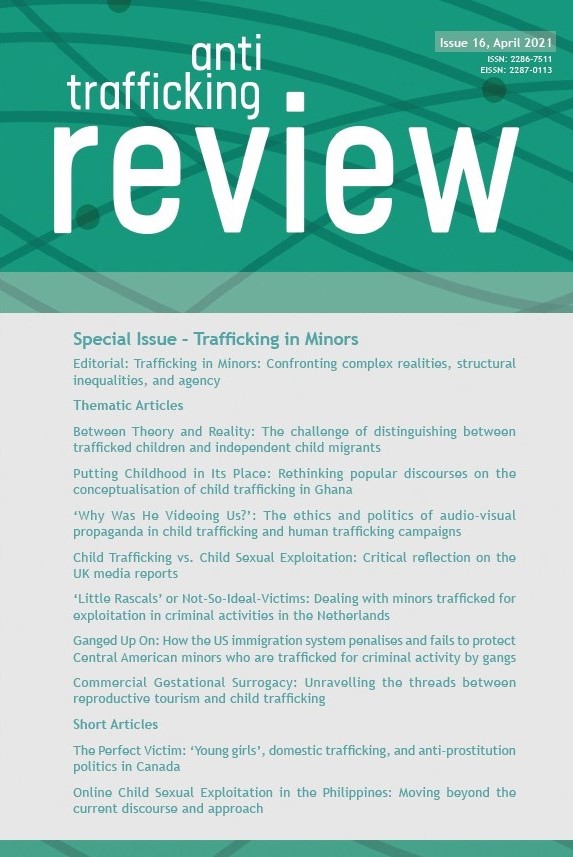
.pdf - Adobe Acrobat Pro 2_8_2021 4_36_32 PM.png)
